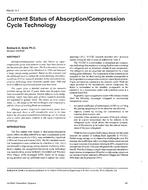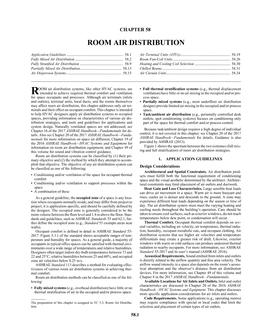The building industry is continually moving toward higher insulation levels and continuous insulation. Many building codes and standards recognize that thermally massive buildings need less insulation because they can store and gradually release heat compared to lightweight metal or wood-framed buildings. This relative reduction in required minimum insulation values for a massive building compared to a lightweight building varies by climate, but in general, ASHRAE Standard 90.1 allows about a 30% reduction in insulation levels. California’s energy code allows up to an 86% reduction in insulation levels for “mass heavy” walls in certain climate zones.
However, most state building codes and energy standards do not currently reflect whether the thermal mass is located on the interior or exterior side of the insulation in the wall system. Also, the building type, geometry, window-to-wall ratio, and internal loads are not considered with respect to thermal mass in the prescriptive tables of ASHRAE 90.1 and various state energy codes. Our paper discusses the results of a series of whole-building energy simulations that we completed using the EnergyPlus computer program to study the effect of thermal mass relative to these parameters.
Our results show that the increased U-factors in the prescriptive tables in ASHRAE 90.1 and various state energy codes are justified in terms of accounting for the benefit of thermal mass. However, in all cases, having insulation on the exterior side of the thermal mass outperforms cases where the thermal mass is on the exterior side of the insulation.We show the most important parameters to maximize the benefit of thermal mass with regards to energy efficiency and demonstrate how the prescriptive tables in ASHRAE 90.1 and most state energy codes do not currently account for these benefits or parameters.
Presented at Thermal Performance of Exterior Envelopes of Whole Buildings XII, December 2013
Citation: Thermal Performance of Exterior Envelopes of Whole Buildings XII
Product Details
- Published:
- 2013
- Number of Pages:
- 13
- File Size:
- 1 file , 3.2 MB
- Product Code(s):
- D-BldConf13-47


